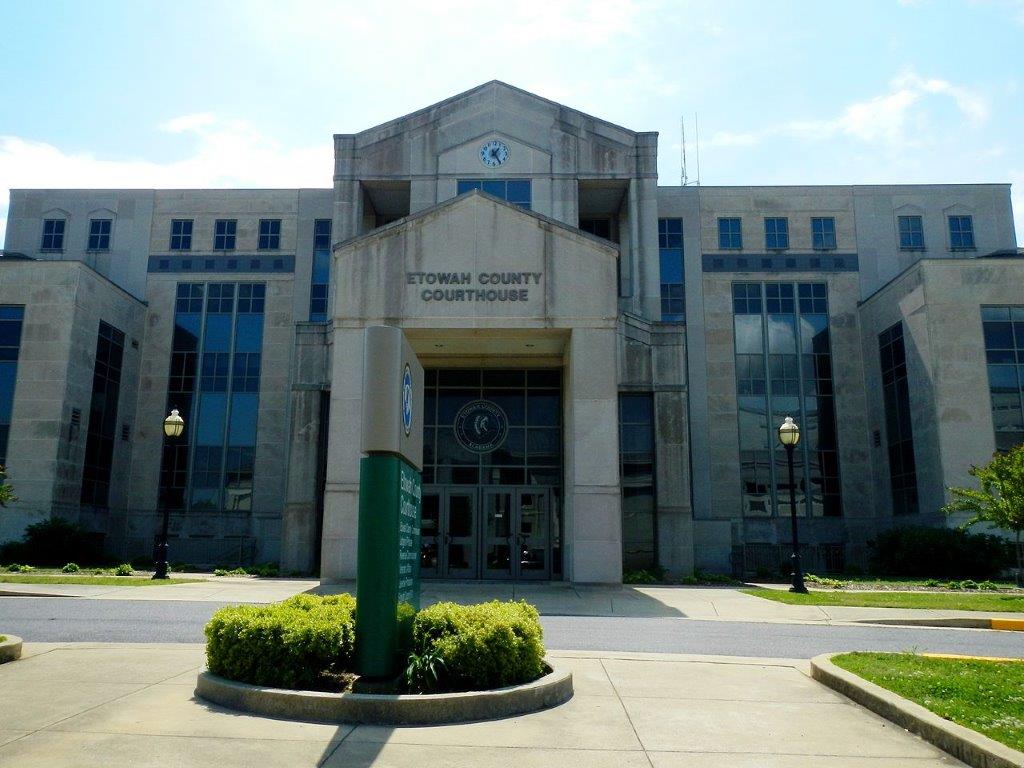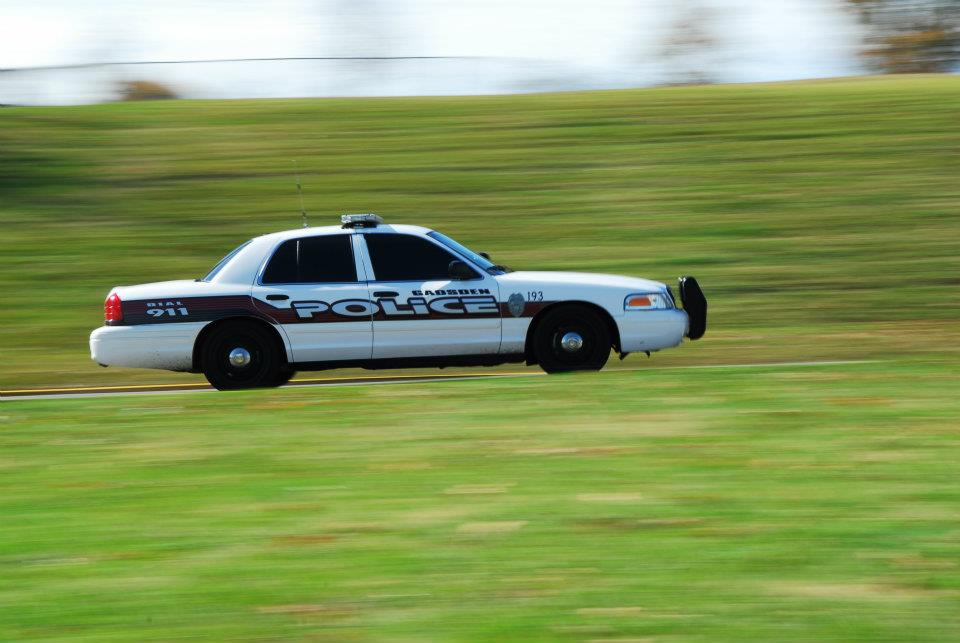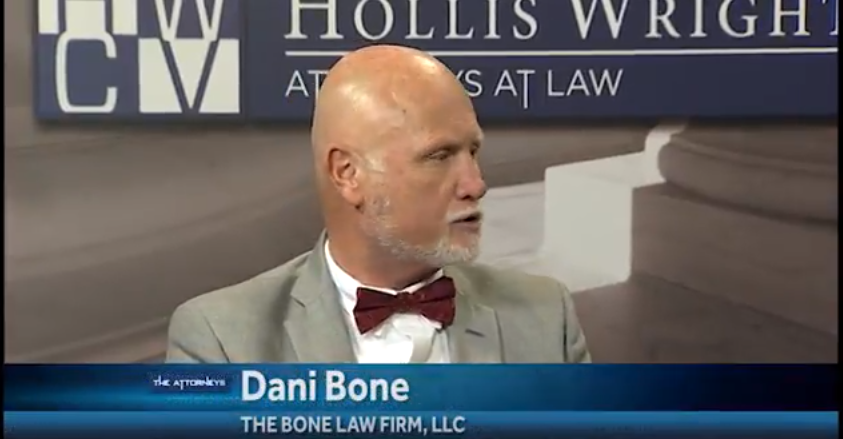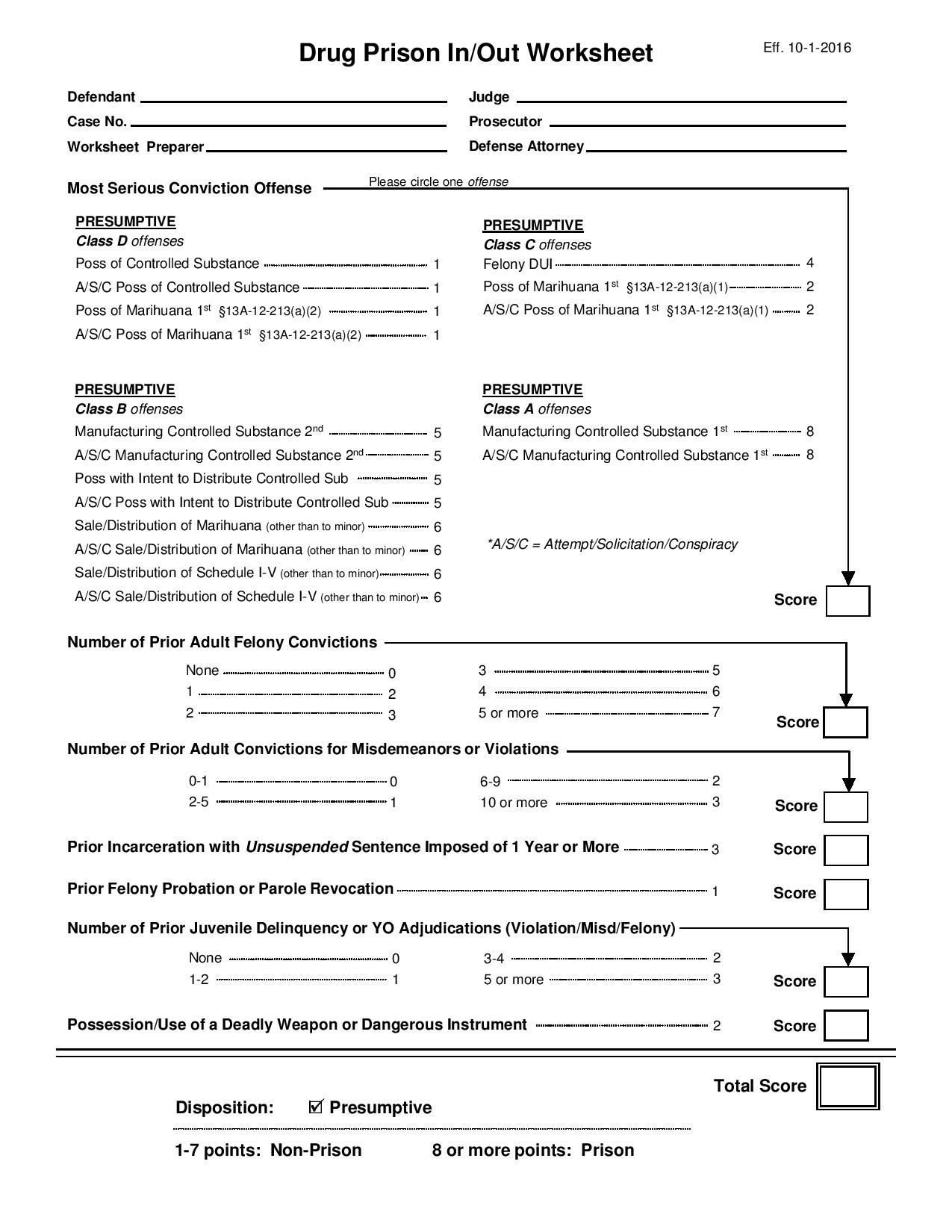2018 DUI Penalties and Interlock for Alabama
WHO SHOULD YOU HIRE TO DO YOUR DUI DEFENSE?
First, look for attorney's qualifications. The National Trial Lawyers Associations selected Dani Bone as a Top 100 Lawyer in the Country for 2018. The National Trial Lawyers Associations selected Sam Bone as a Top 40 Lawyer Under 40 for 2015.
Next, look at our reviews online for our services and compare them to other attorneys in the area to decide whether we should be your lawyer.
What are the penalties for a first offense DUI in Alabama?
1st Offense in last 5 years
Up to 1 year in jail and a fine between $600 to $2100; no minimum suspended sentence
90 day suspension of license; Suspension stayed if the offender if ignition interlock device installed for 90 days.
Click here to Download the Updated 2018 Explanation of Rights & Plea of Guilty for Alabama
What are the penalties for a second offense DUI in Alabama?
2nd Offense in last 5 years
Up to 1 year in jail; Mandatory sentence of not less than 5 days or community service for not less than 30 days. Fine between $1,100 and $5,100;
Revoked license for 1 year; 24 months of ignition interlock device; Suspension/revocation stayed after 45 days if the offender if ignition interlock device installed for 24 months.
What are the penalties for a third offense DUI in Alabama?
3rd Offense in last 5 years
Up to 1 year in jail; Mandatory sentence of not less than 60 days Fine between $2,100 and $10,100;
Revoked license for 3 years; 24 months of ignition interlock device; Suspension/revocation stayed after 60 days if the offender if ignition interlock device installed for 24 months.
You need to take your DUI offense seriously right from the start. Don't take chances with your future or your ability to drive. Contact us right now. We treat every client with respect and work hard every day to deliver favorable results. Contact the DUI litigators Dani V. Bone & Sam D. Bone at to discuss your case at (256) 547-1005.
Court Referral Requirement for DUIs in Alabama
Any person convicted of violating this section shall be referred to the court referral officer for evaluation and referral to appropriate community resources. The defendant shall, at a minimum, be required to complete a DUI or substance abuse court referral program approved by the Administrative Office of Courts and operated in accordance with provisions of the Mandatory Treatment Act of 1990, Sections 12-23-1 to 12-23-19, inclusive. The Department of Public Safety shall not reissue a driver's license to a person convicted under this section without receiving proof that the defendant has successfully completed the required program.
Pre-Trial Diversion or Preferred Prosecution Programs in Alabama
Any person charged in a district, circuit, or municipal court with a violation of this section or a municipal ordinance adopted in conformance with this section who is approved for any pretrial diversion program or similar program shall be required to install an ignition interlock device for a minimum of six months or the duration of the pretrial diversion program, whichever is greater, and meet all the requirements of this section and Section 32-5A-191.4. A participant in a pretrial diversion program shall be eligible for indigency status if the program enrolls indigent defendants and waives fees for indigent defendants. Any driver's license suspension period pursuant to Section 21 32-5A-304 shall be stayed and then commuted upon the successful completion of the pretrial diversion program, or any other form of deferred prosecution agreement.
DUI enhancements in Alabama
Passenger under age 14: When any person over the age of 21 years is convicted of violating this section and it is found that a child under the age of 14 years was a passenger in the vehicle at the time of the offense, the person shall be sentenced to at least double the minimum punishment that the person would have received if the child had not been a passenger in the motor vehicle. Further, the Secretary of the Alabama State Law Enforcement Agency shall suspend the driving privilege or driver's license of the person convicted for a period of 90 days and the person shall be required to have an ignition interlock device installed and operating on the designated motor vehicle driven by the offender for a period of one year from the date of issuance of a driver's license indicating that the person's driving privileges are subject to the condition of the installation and use of a certified ignition interlock device on a motor vehicle. Upon receipt of a court order from the convicting court, upon issuance of an ignition interlock restricted driver license, and upon proof of installation of an operational approved ignition interlock device on the designated vehicle of the person convicted, the mandated ignition interlock period of one year provided in this subsection shall start and the suspension period revocation period, or both, as required under this subsection shall be stayed.
BAC 0.15 or over: When any person convicted of violating this section is found to have had at least 0.15 percent or more by weight of alcohol in his or her blood while operating or being in actual physical control of a vehicle, he or she shall be sentenced to at least double the minimum punishment that the person would have received if he or she had had less than 0.15 percent by weight of alcohol in his or her blood. Further,, on a first offense, the Secretary of the Alabama State Law Enforcement Agency shall suspend the driving privilege or driver's license of the person convicted for a period of 90 days and the person shall be required to have an ignition interlock device installed and operating on the designated motor vehicle driven by the offender for a period of one year from the date of issuance of a driver's license indicating that the person's driving privileges are subject to the condition of the installation and use of a certified ignition interlock device on a motor vehicle. Upon receipt of a court order from the convicting court, upon issuance of an ignition interlock restricted driver license, and upon proof of installation of an operational approved ignition interlock device on the designated vehicle of the person convicted, the mandated ignition interlock period of one year provided in this subsection shall start and the suspension period revocation period, or both, as required under this subsection shall be stayed.
If someone else besides the offender was injured at the time of the offense: If on a first offense, the Secretary of the Alabama State Law Enforcement Agency shall suspend the driving privilege or driver's license of the person convicted for a period of 90 days and the person shall be required to have an ignition interlock device installed and operating on the designated motor vehicle driven by the offender for a period of one year from the date of issuance of a driver's license indicating that the person's driving privileges are subject to the condition of the installation and use of a certified ignition interlock device on a motor vehicle. Upon receipt of a court order from the convicting court, upon issuance of an ignition interlock restricted driver license, and upon proof of installation of an operational approved ignition interlock device on the designated vehicle of the person convicted, the mandated ignition interlock period of one year provided in this subsection shall start and the suspension period revocation period, or both, as required under this subsection shall be stayed.
What happens if I refuse to blow when I am pulled over?
If, on a first conviction, any person 14 refusing to provide a blood alcohol concentration, the Secretary of the Alabama State Law Enforcement Agency shall suspend the driving privilege or driver's license of the person convicted for a period of 90 days and the person shall be required to have an ignition interlock device installed and operating on the designated motor vehicle driven by the offender for a period of one year from the date of issuance of a driver's license indicating that the person's driving privileges are subject to the condition of the installation and use of a certified ignition interlock device on a motor vehicle.
Upon receipt of a court order from the convicting court, upon issuance of an ignition interlock restricted driver license, and upon proof of installation of an operational approved ignition interlock device on the designated vehicle of the person convicted, the mandated ignition interlock period of one year provided in this subsection shall start and the suspension period, revocation period, or both, as required under this subsection shall be stayed.
The duration of the time an ignition interlock device is required by this section shall be one additional year if the offender refused the prescribed chemical test for intoxication.
What is the cost of ignition interlock in Alabama?
Any person ordered by the court to have an ignition interlock device installed on a designated vehicle, and any person who elects to have the ignition interlock device installed on a designated vehicle for the purpose of reducing a period of suspension or revocation of his or her driver's license, shall pay to the court $200 which may be paid in installments.
In addition to paying the court clerk seventy-five dollars ($75) per month for the first four months following the conviction or the voluntary installation of the ignition interlock device, the defendant shall pay all costs associated with the installation, purchase, maintenance, or lease of the ignition interlock devices to an approved ignition interlock provider pursuant to the rules of the Department of Forensic Sciences, unless the defendant is subject to Section 32-5A-191.4(i)(4).
The Department of Public Safety may set a fee of not more than one hundred fifty dollars ($150) for the issuance of a driver's license indicating that the person's driving privileges are subject to the condition of the installation and use of a certified ignition interlock device on a motor vehicle.
Request for Indigent Status for Interlock:
Defendant requests indigent status for Interlock: “Any convicted offender granted indigency status for the purpose of ignition interlock shall not be required to pay the costs associated with installing and maintaining the device nor required to pay any interlock fees …”
ALEA requires each approved manufacturer to provide up to 5% of that manufacturers’ market share for indigent use. Paragraph (i)(5). Any manufacturer who fails to meet the five percent threshold shall be subject to a $500 civil penalty for each indigent defendant that is not afforded a free interlock.
Request for Indigent Status for Court Referral:
Defendant requests indigent status for Court Referral: “Any person determined to be indigent by the court may request waiver of all or part of the fees established by this chapter. In such cases where a waiver of fees is granted, such waiver shall be limited to the time when the offender is unable to pay. If the offender becomes able to pay during the course of monitoring or treatment, or another future date, the waiver of fees may be revoked.” Ala Code 12-23-18
Ala. Code 12-23-7 provides“that indigents shall not be required to pay for treatment or monitoring provided by court referral officers.”


























